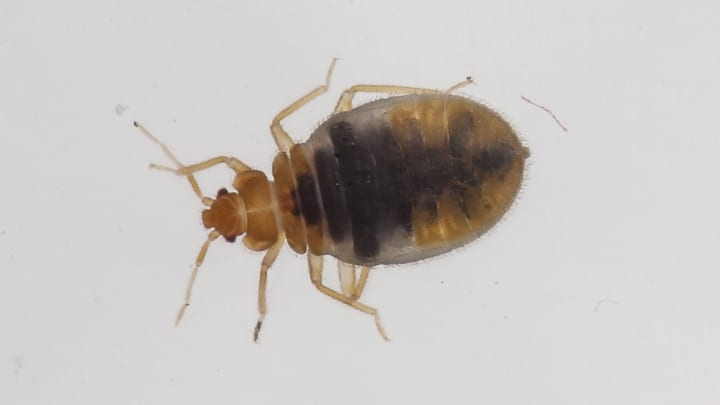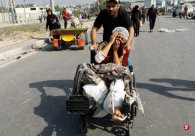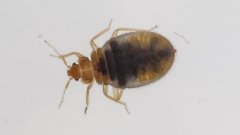
First it was Paris. Now it's Seoul.
South Korea has been gripped by a bedbug outbreak, and the government is rushing to battle the bloodsucking bugs.
The bedbugs were first found in a sauna in Incheon, as well as university dormitories and gosiwons, according to a .
are single-room accommodations that are smaller than a typical studio apartment. An initial outbreak was reported in a dormitory at Keimyung University in Daegu city in September.
As of Tuesday, the , with more than half in the capital, Seoul.
It marks a derailment from South Korea's almost spotless record since the 1970s when bedbugs were believed to have been eradicated, thanks to the accessibility of insecticides across the country, according to the . In the past decade, only nine cases of bedbugs were reported.
The parasitic insects are the size of an apple seed and live in dark spaces such as cracks in beds and sofas. While they do not transmit diseases, their bites can and lead to secondary skin infections or scarring. The bugs cannot jump or fly, but they spread on clothes and other items such as bags and suitcases.
South Korea's battle with bedbugs comes after in its own capital and cities while hosting the Rugby World Cup.
"If you are exposed to bedbugs while traveling abroad, you need to thoroughly disinfect your travel supplies," KDCA's Director Ji Young-Mi cautioned . He added that travelers should scrutinize for traces of bedbugs in shared accommodations.
To tackle the infestation, South Korea's government is launching a to carry out inspections and implement pest control measures at "vulnerable" public facilities such as bathhouses, dormitories and child care facilities, to name a few. Facilities where bedbugs are suspected to be found are .
South Korea's it will review whether or not to disclose the facilities where bedbugs are present due to "concerns about secondary damage" as a result of such a disclosure on the locations.
The battle against bedbugs will not be an easy one, with the number of infestations expected to increase.
"There are perceptions that bedbugs are attributable to individuals and some refrain from filing a report on concerns it may be seen as a sign of bad hygiene. The number of reports is expected to increase," an official was .
And it does not help that the pests are particularly hardy. A KDCA official it was considering using a new pesticide as the bedbugs have developed a resistance to existing chemicals.
South Korea's travel industry is also pulling its weight in the war against bedbugs. said it plans to double the frequency of checks in vulnerable areas — like the terminal lounges, children's playgrounds and airport baggage screening area — from once a week to two times a week across the country's airports.
Hotels will for compliance with hygiene standards, which includes obligatory disinfection.
Some South Koreans are also skipping the movie theaters to stay safe.
"I was planning to see [a] Marvel [movie] today, but I canceled because I was afraid there would be bedbugs in the movie theater," said one user on , formerly known as Twitter.
Another 34-year-old local by the name of Lee Eun-seon who watches movies at the theater at least twice a month, he does not plan to return until the bedbugs disappear. He was quoted as saying he's also hesitant to sit on the cloth seats while taking the subway, opting to stand instead.
it will disinfect subway trains 30 times a year, a jump from the current nine times.




